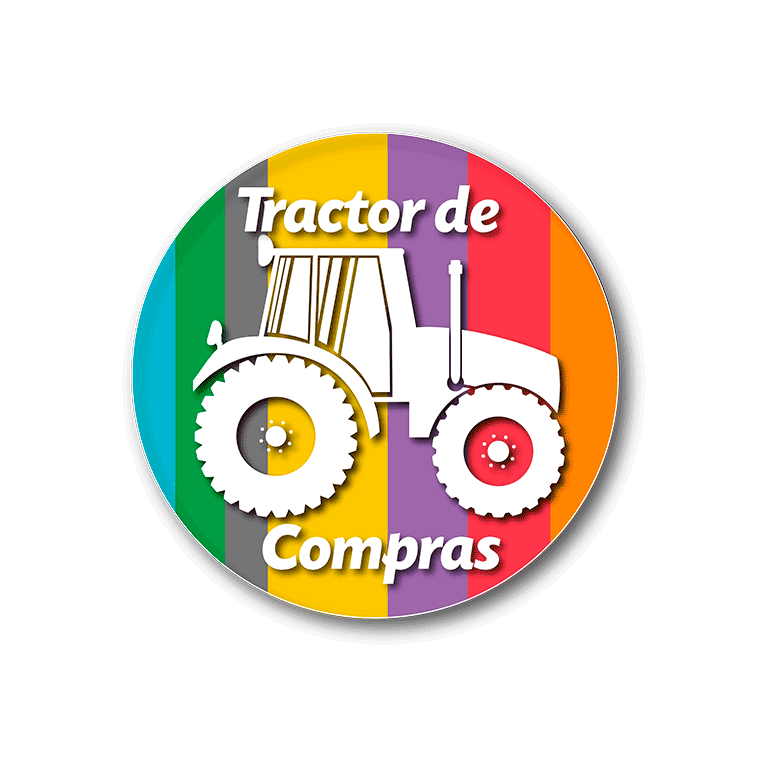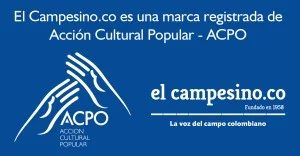70% of the food that we find in markets comes from peasant family agriculture, due to Colombia’s climates and soils diversity we can enjoy a very wide and permanent agricultural production. In addition to the creativity and effort that characterizes workers in rural areas of the country.
However, over time visions and practices that allow a social and economic balance have been lost, this is what today’s fair trade seeks to recover. Defined according to CLAC (Latin American and Caribbean Coordinator of Small Producers and Fair-Trade Workers) as a global social movement that promotes other types of trade, based on dialogue, transparency, respect and equity.
Fair trade aims to contribute to sustainable development by offering better trading conditions and focusing on dignifying work to mitigate inequality and poverty. It is a new way of understanding production and consumption from an approach that involves economic, social, environmental and political aspects, which is why it also proposes the recognition of peasants’ rights the rights as established by the UN (Organization of the United Nations) in 2018.
This UN document is based on the definition of peasantry; the integrity of agri-food systems; social organization for the production and defense of earned rights; relevant and appropriate training that recognizes traditional knowledge; and access and legal recognition for the land and control of fundamental goods for life’s production and reproduction, water and biodiversity.
Fair trade and food sovereignty
Understanding food sovereignty as the right of peoples to define their agrarian and food policy; to decide what they want to produce and consume; to have access to land, water, seeds and credit for healthy agricultural production. In addition to being able to recover and enhance knowledge about local production to revalue traditional cultures, the need arises to rethink the operation of everything related to production and marketing, and it is only made possible through fair trade.
An example of this is CAFICOSTA, the result of an association between Colombian peasants and indigenous people, whose main base is peasant economy. It is currently composed of more than 2,600 associates among these 600 women and 500 organic producers. Likewise, initiatives such as Siembraviva and Comproagro that seek through the good use of technologies, the dignity of agricultural work and food security of their communities, without intermediaries and with quality products.
This not only guarantees access to food, but also gives rural population a chance to strengthen their relationship with land and their vocation in agriculture, thus complying with resolution 464 of 2017 which establishes strategic guidelines of public policy for Peasant, Family and Community Agriculture.
Barter within the vision of fair trade
Some authors agree that barter emerges not only within peasant, ethnic and indigenous communities, but throughout the world, as another modernity in which efforts are made to respect and promote social, political, ethnic and cultural differences where the human greatness is shared.
In the face of the COVID-19 pandemic and the increasingly long confinement that Colombia and the world live, this ancestral practice has returned in many regions that from their exchange possibilities to give and receive what is needed, allowing a reflection on the ways of life established so far, and those that thought they were forgotten but that today rise to manifest the best of sustainable betting.
According to Viviana Pulido, Cundinamarca’s Secretary of Agriculture, these initiatives are very valuable, especially in rural departments such as Boyacá, Huila and Cundinamarca, assuring that “The idea is to invite the inhabitants to activate their solidarity ties through barter. Anyone who has an orchard can do it, the squares can also be added, since it is there where the products are sold without intermediaries. In addition, the same vendors can exchange their food with each other. «
By: John Alexander Saavedra. Journalist.
Editor: Lina María Serna. Journalist & Editor.
Translated by: Louise Henry.




